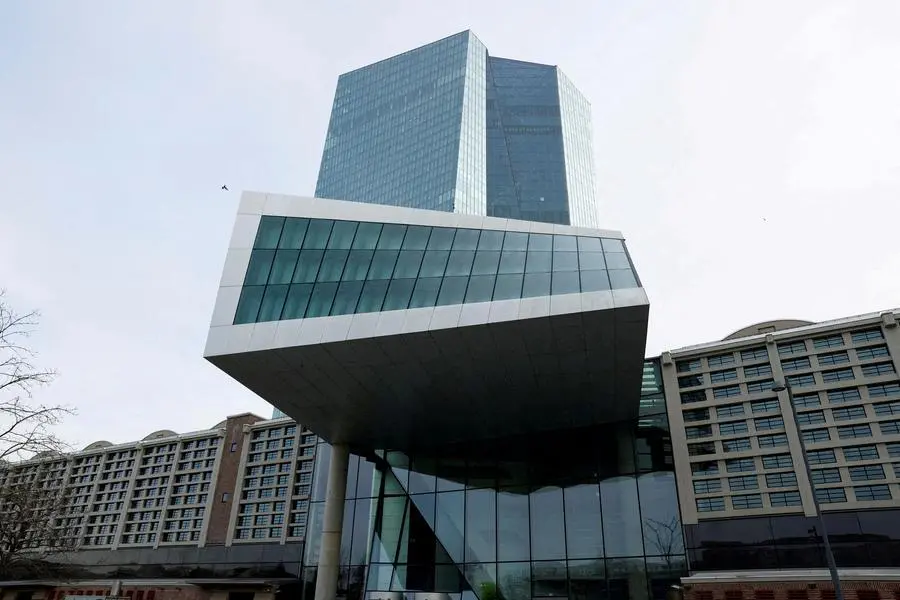PHOTO
Euro zone inflation is stubbornly high with upside risks, so the European Central Bank's next move could still be a rate increase, policymakers said on Thursday.
The ECB raised its deposit rates at each of its past 10 meetings to a record high 4% but signalled a pause for October, leading markets to price out the chance of any further hike on the premise that weak growth would dissuade policymakers from tightening.
"Have we reached the plateau (in interest rates)? That is not yet clear," Bundesbank President Joachim Nagel told a banking conference.
"The inflation rate in the euro zone is also not moving toward 2% at the desired pace... (and) core inflation remains stubbornly high and is expected to fall only gradually."
Martins Kazaks, Latvia's central bank chief, meanwhile argued that the recent rise in energy prices creates an upside risk for inflation.
"The recent oil price increase in my view is not a temporary or transitory, it's very much a structural issue," Kazaks said. "This does create upside risks in my view for inflation."
Brent crude prices are up by a quarter in the past three months while natural gas costs have also surged, though that is partly due to aggressive efforts to fill European gas storage well before the heating season.
Kazaks said he was "quite satisfied" with the current level of interest rates but that he was not ready to rule out another hike and a rate cut in the first half of 2024, as expected by some market players, would be premature.
"I think expecting rate cuts mid next year is somewhat too early," Kazaks told the Reuters Global Markets Forum.
Rates should be cut only when inflation projections start to consistently undershoot the ECB's 2% target, Kazaks argued.
Inflation, still above 5%, is expected to remain over 3% next year and fall to 2.1% in 2025, falling below target only in the final quarter of that year.
Still, before any cut, the ECB needs to discuss the future of its asset purchase schemes, including the possibility of ending reinvestments early in the Pandemic Emergency Purchase Programme and starting outright bond sales in the Asset Purchase Programme, Kazaks added.
Kazaks also said that his base case for the euro zone economy was for weak growth rather than a recession, as feared by some.
Join GMF, a chat room hosted on Refinitiv Messenger: https://tinyurl.com/yyr3x6pu) (Reporting by Divya Chowdhury in Mumbai, Francesco Canepa and Balazs Koranyi; editing by Mark Heinrich and Philippa Fletcher)





















